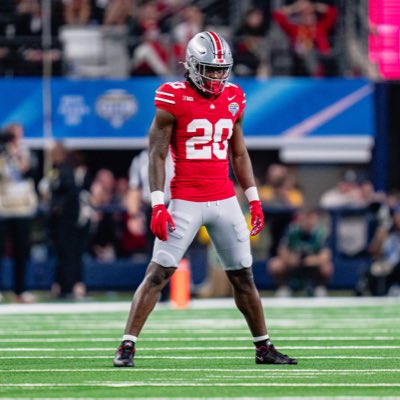
Ohio State’s Arvell Reese has his targeting suspension lifted after the NCAA admits officiating errors, spotlighting the growing issue of subjectivity in targeting calls across college football.
The targeting rule in college football, meant to ensure player safety, has become a source of frustration due to its subjective nature. The NCAA’s recent decision to rescind Ohio State linebacker Arvell Reese’s targeting penalty has highlighted the inconsistencies and errors that replay officials continue to make, even with the advantage of slow-motion review.
Reese was flagged for targeting Nebraska wide receiver Jahmal Banks in the fourth quarter of Ohio State’s win. Despite an in-game review, officials upheld the penalty, forcing Reese’s ejection and suspending him for the first half of Ohio State’s crucial matchup with Penn State. The ruling left many fans and coaches questioning the process, with Ohio State head coach Ryan Day visibly frustrated on the sideline. Day was issued a sideline warning for his protests, while Ohio State fans voiced their disapproval by throwing objects onto the field, mirroring the reactions of Texas fans a week earlier over a similarly questionable pass interference call.
Ohio State’s athletic department appealed the targeting call, and the Big Ten took the matter to the NCAA, which ultimately decided that Reese’s hit should not have been penalized as targeting. The suspension was lifted, allowing Reese to play in the entire game against Penn State. However, this reversal raises significant questions about the replay process. Officials, with access to multiple angles and slow-motion replay, had ruled that Reese’s play met the targeting criteria, only for the NCAA to later disagree, acknowledging the mistake. This reversal underlines the subjectivity involved in targeting calls, as officials often struggle to apply the rule consistently even with the benefit of technology.
The targeting call against Reese was not the only officiating blunder during the game. The Big Ten also acknowledged an error in the spot of a run by Nebraska’s Emmett Johnson, which was placed two yards short of where it should have been. This led to a third down instead of a first, though Nebraska eventually converted the down and went on to kick a field goal. These officiating errors and questionable targeting calls only add to the frustration felt by fans and players alike, especially when calls made during live gameplay are upheld after review, only to be overturned upon further appeal after the game.
Reese’s ejection was particularly impactful, as he’s been a solid contributor off the bench, logging 19 tackles and two tackles for loss this season. On Saturday, the Cleveland native earned his second start of the season, adding depth to Ohio State’s linebacker core alongside Cody Simon and Sonny Styles. Reese contributed 24 snaps before the ejection, helping Ohio State to a narrow 21-17 victory over Nebraska.
The targeting rule, originally intended to protect players, now faces scrutiny as it disrupts games with inconsistent enforcement. The NCAA’s reversal of Reese’s penalty should prompt a re-evaluation of the targeting review process, ensuring that the rule serves its purpose without unfairly penalizing players due to subjective interpretation.

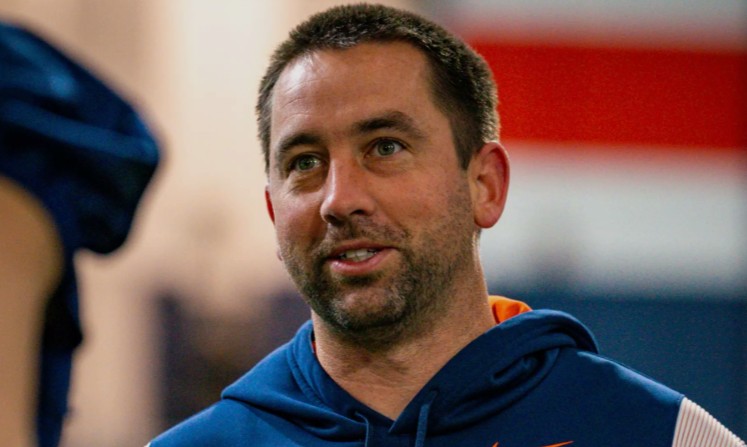
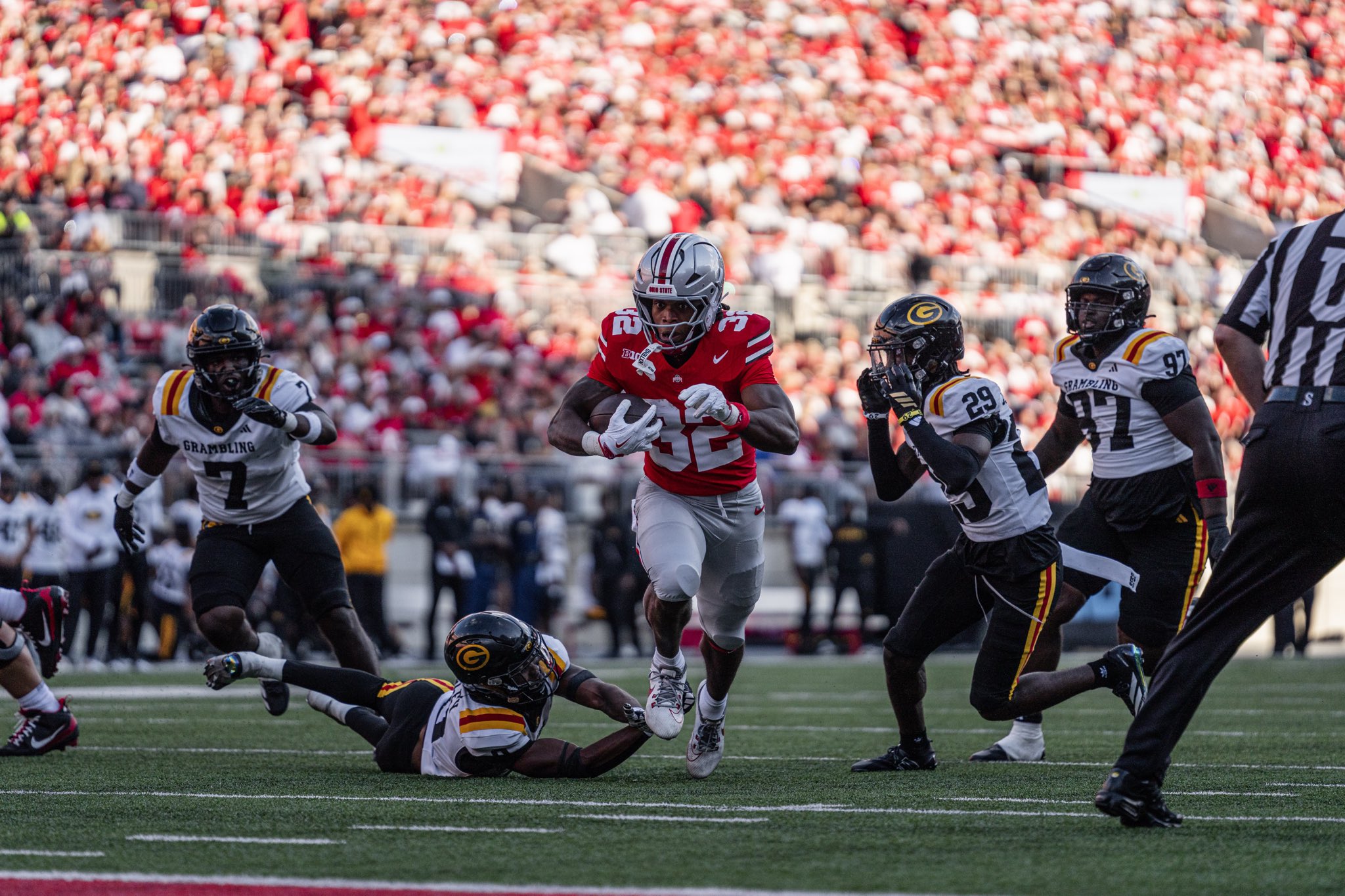
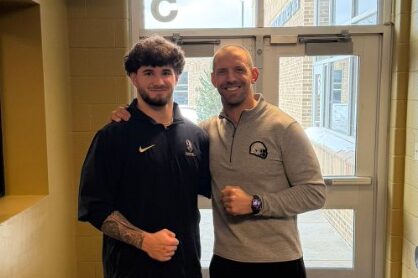
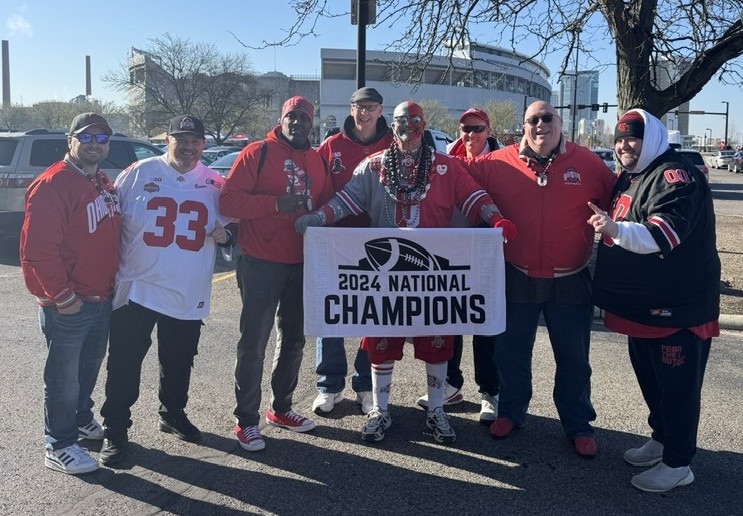
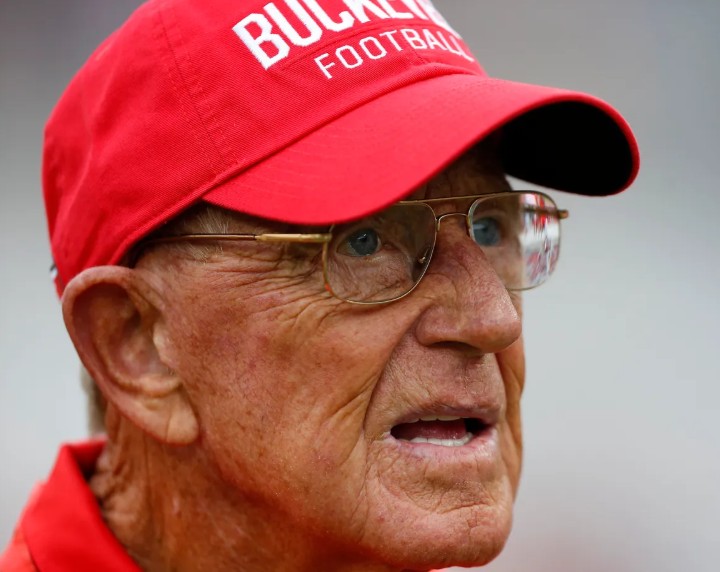
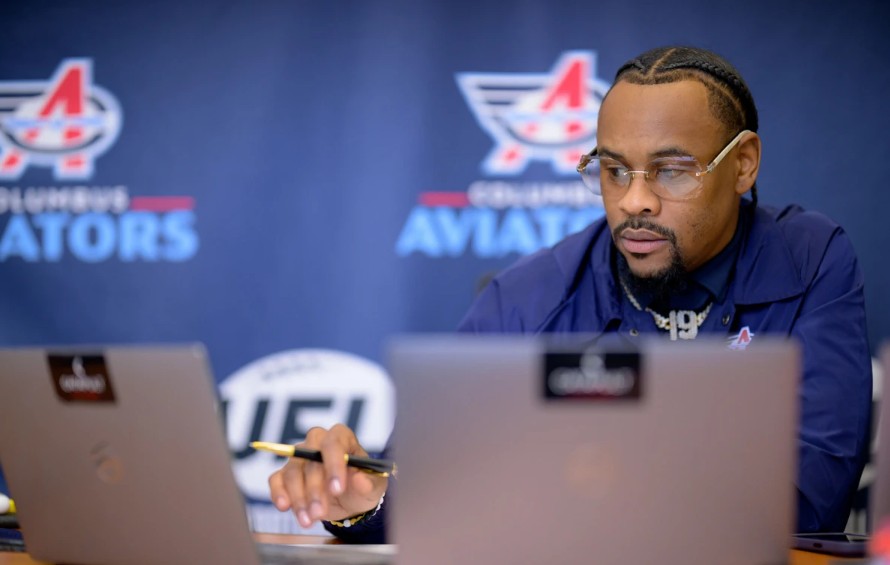


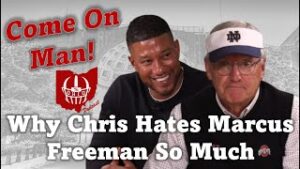
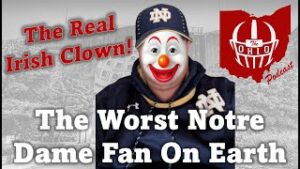
[…] NCAA Reverses Targeting Call on Arvell Reese, Highlighting Flaws in Review Process […]